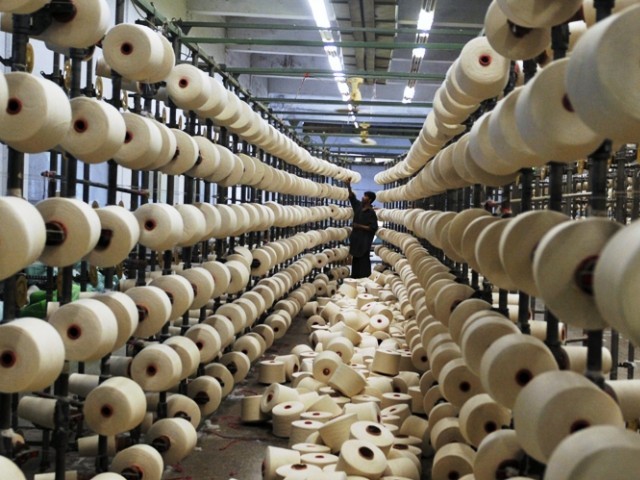The Ministry of Industry and Transport has approved energy supply requests for seven industrial companies operating within the Suez Canal Economic Zone (SCZONE), following a review by the Ministerial Committee for Industrial Development. The approvals were issued during the committee’s 34th meeting, chaired by Kamel Al-Wazir, Deputy Prime Minister for Industrial Development and Minister of Industry and Transport.
The SCZONE had submitted requests on behalf of eight companies working across sectors including solar-panel glass, automotive glass, nonwoven fabrics, polyester yarn, oil and gas services, renewable energy, and major chemical and metallurgical industries. After review, the committee approved seven applications. Al-Wazir emphasized that all major industrial investment proposals will continue to be evaluated based on energy availability and alignment with national priority sectors, noting growing interest from global manufacturers in establishing operations in Egypt.
The committee also granted “Golden License” approvals to three companies:
- MAC for manufacturing transport equipment in New October Industrial City;
- Daily Egypt Industrial for producing office and school supplies in South West 10th of Ramadan;
- Midlog for establishing and operating a dry port and logistics center in 10th of Ramadan through a private-sector partnership model.
According to Al-Wazir, these projects are expected to strengthen domestic industrial integration and enhance Egypt’s export capacity once they become operational.
The committee further reviewed a complaint from Hikatech Novel Optics, a fiber-optic cable manufacturer, regarding customs duties on production inputs and competition from imported finished products exempt from tariffs. The company also cited the negative impact of allegedly underpriced imported goods entering the local market.
Al-Wazir directed coordination with the Ministries of Investment, Trade and Finance to assess the complaint and develop appropriate recommendations. He stressed the need for all government bodies to implement the Local Product Preference Law to reduce dependence on imports and support domestic industry.
During the session, Manal Awad, Minister of Local Development and Acting Minister of Environment, outlined the government’s plan to expand the production of alternative fuels—including refuse-derived fuel (RDF), biomass from agricultural waste, and industrial residues. She noted that Egypt currently operates 35 recycling plants producing 1.4 million tonnes of RDF annually, with further expansion underway to manage the country’s 25 million tonnes of municipal waste per year. She added that 19 of Egypt’s 24 cement factories have already implemented environmental correction plans to increase their use of alternative fuels.
Al-Wazir instructed the Industrial Development Authority to work with the Environment Ministry and the Federation of Egyptian Industries to explore additional fuel alternatives suitable for cement kilns and to improve the quality and calorific value of locally produced RDF.
Awad concluded that the government aims to raise Egypt’s waste recycling rate to 60% by 2026, boosting the availability of alternative fuels for energy-intensive industries and increasing the production of organic fertilizers to support agricultural development.




